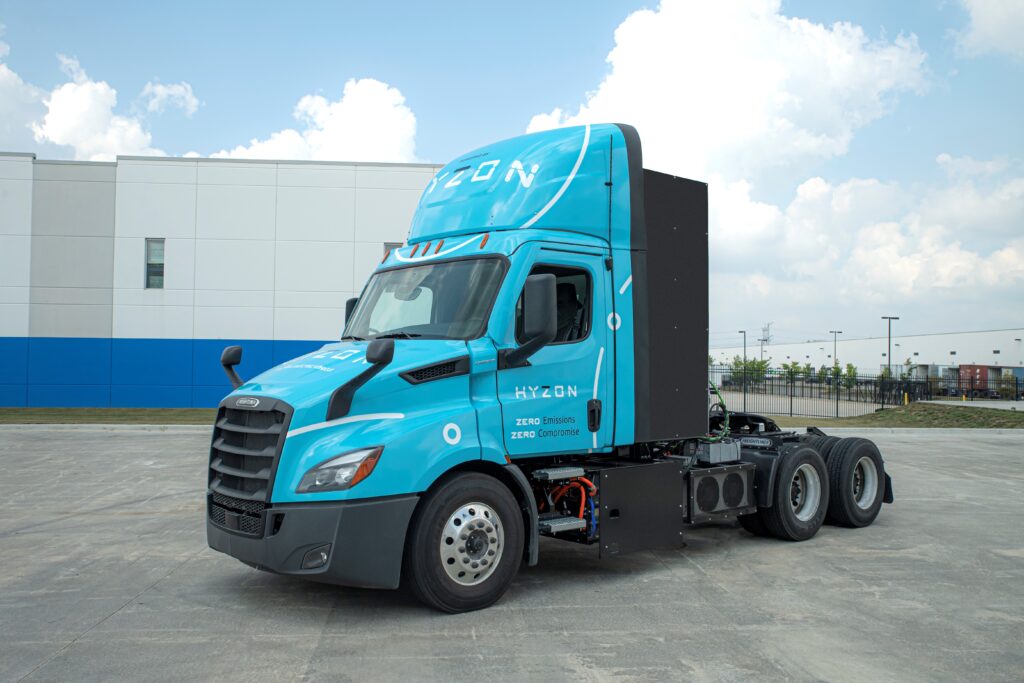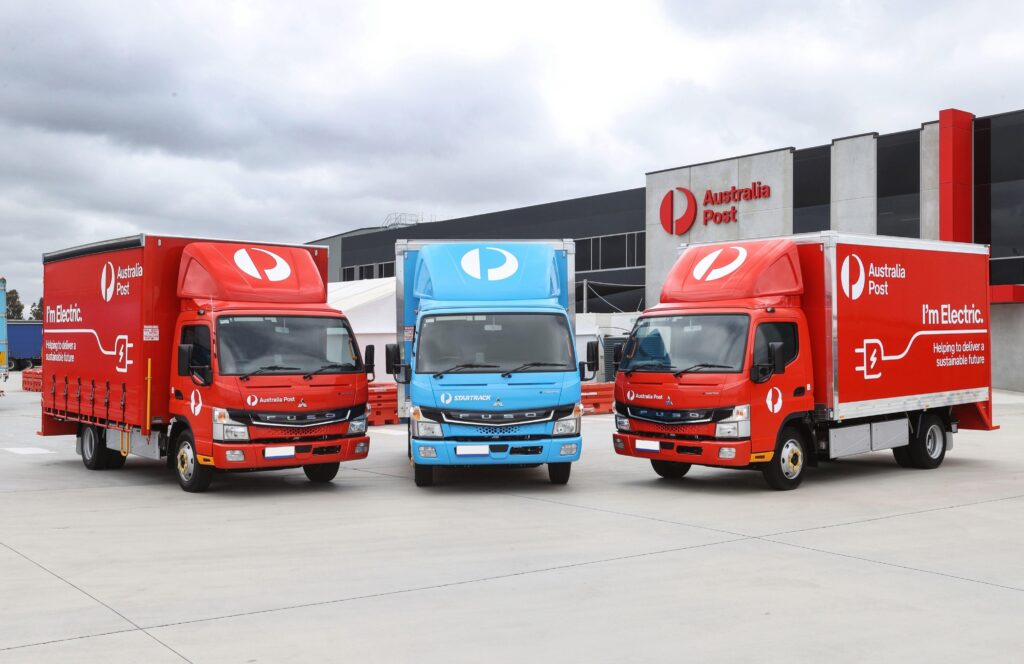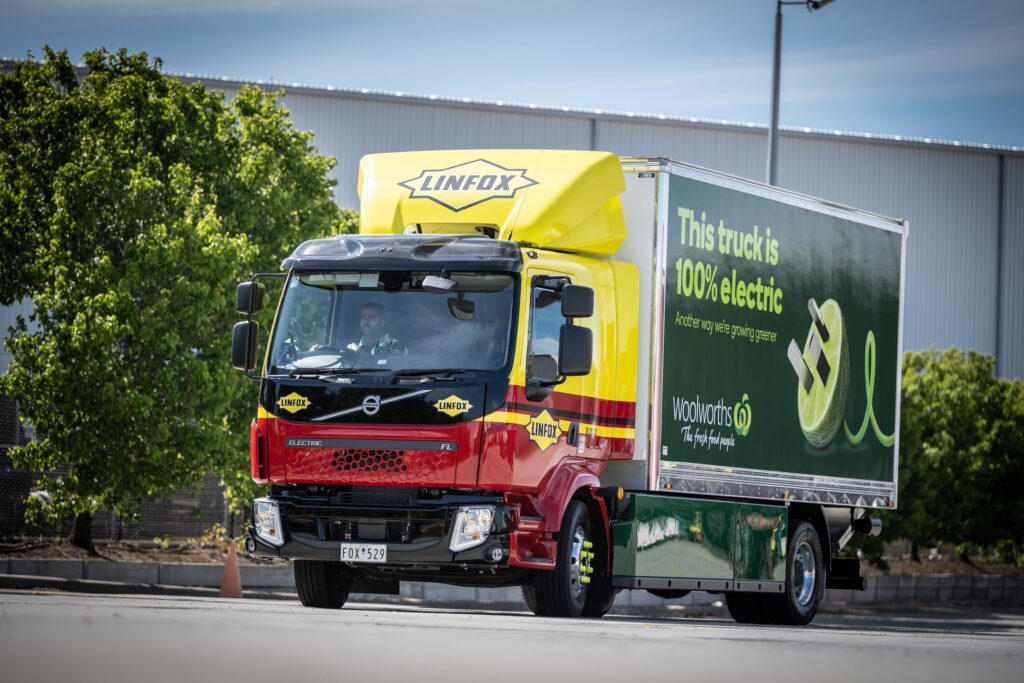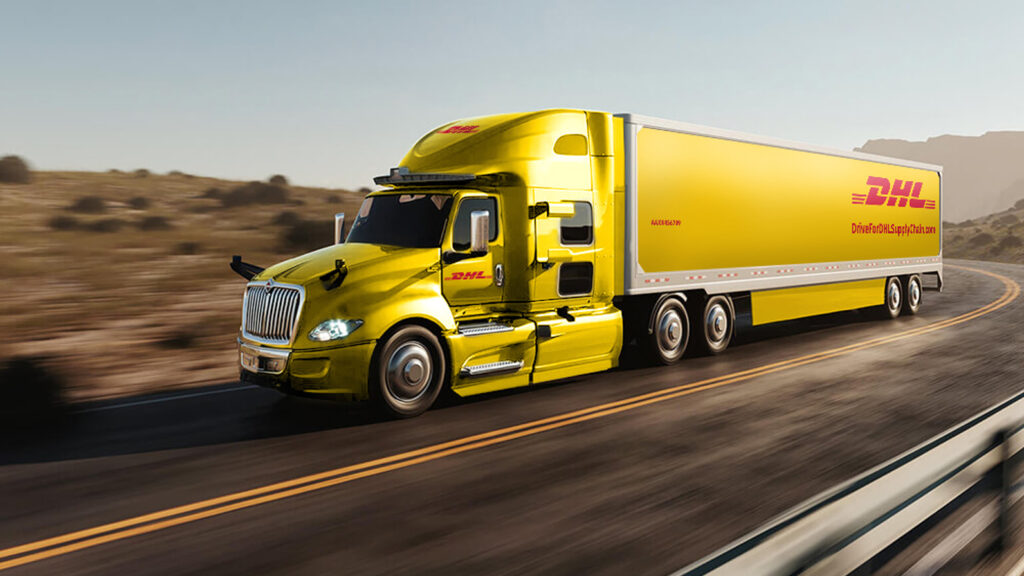Intelligent, clean haulage tech forges ahead
- PostedPublished 25 February 2022
Substantial funding for hydrogen projects, new autonomous trials and all-electric trucks pave the way for a cleaner, sleeker haulage industry
The Australian Clean Energy Finance Corporation (CEFC) has announced its first investment, from a $A300 million fund, to help boost the Australian hydrogen industry.
It is committing $A12.5 million to the Ark Energy Corporation, an Australian subsidiary of the Korea Zinc Company, to produce a green hydrogen facility and refuelling infrastructure.
Power for the 1MW electrolyser plant, which is expected to produce up to 158 tonnes of hydrogen annually, will come from a solar farm at the Sun Metal zinc refinery in North Queensland.

The funding will additionally finance five purpose-built tractor units, with hydrogen fuel cells, which will be used to move ore from the Port of Townsville, Queensland, to the refinery.
The 140-tonne rated Hyzon trucks will replace diesel equivalents and are expected to reduce CO2 emissions by around 1300 tonnes per year. It’s hoped that the new infrastructure will additionally prompt other local customers to adopt hydrogen power.
“Australia’s ability to continue reducing its emissions depends on how well we tackle those areas of the economy that are harder to abate,” said Ian Learmonth, CEO of the CEFC.
“So it is significant that our first investment through the Advancing Hydrogen Fund will catalyse the decarbonisation of heavy transport, where electrification has proven challenging.”

Cleaning up the transport sector is essential, as its emissions have risen 41 per cent since 1990 – and it is now Australia’s third-largest source of greenhouse gases and alone accounts for 17.5 per cent of emissions.
Efficient and straightforward electric options are also being adopted by more companies as their capabilities increase and product ranges grow.
Australia Post, for example, recently added its first Fuso eCanter electric trucks to its fleet. The three zero-emission trucks, which will later be joined by another 17, add to the company’s existing fleet of 2100 electric vehicles and 1400 electric bicycles.
Logistics company Linfox has expanded its electric fleet with another Volvo FL Electric, too. The Volvo, which is refrigerated and can carry eight pallets at a time, will be used to cleanly and quietly supply Woolworths supermarkets in Melbourne with produce from a local distribution centre.

“We will be watching the results of this trial closely with Linfox to understand how electric trucks can support our shift to a low carbon future,” said Chris Brooks, chief supply chain officer of the Woolworths Group.
French company Gaussin, which specialises in zero-emission vehicles (ZEVs) and technologies, has also struck an exclusive 20-year production and licensing deal with Australian transport specialist Nexport.
The €10 million ($A16 million) deal will allow Nexport to locally build and supply Gaussin’s range of zero-emission freight and transport vehicles in Australia and New Zealand.
“This joint venture will produce the best-engineered, most cost-effective zero-emission vehicles and lead Australia to a cleaner future,” said Michel van Maanen, CEO of Nexport.

The operational efficiency of haulage is also being tackled with new technology, including autonomous vehicles. Australian mining company Mineral Resources (MRL), as a case in point, has just announced plans to use world-first automated triple-trailer road trains.
Through a partnership with digital technology and automation specialist Hexagon, MRL will develop an autonomous road train solution that will enable a cost-effective supply chain for its iron-ore mining project in Ashburton, in the Pilbara region of Western Australia.
- CategoriesIn SightGlass
- Tagssightglass news issue 26

